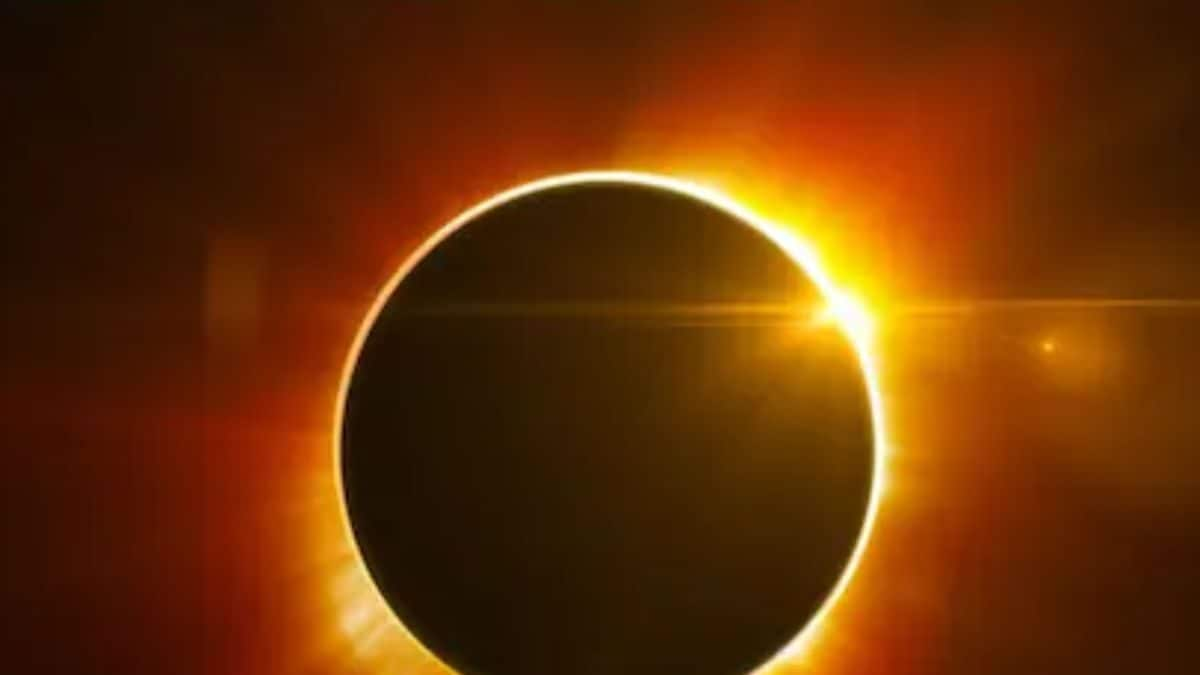This year Holi will be celebrated on March 25.
The convergence of Holi with a lunar eclipse this year has created a unique astrological scenario, which guides the calendar of Holika Dahan and subsequent festivities.
In astrology, the positions of the planets and stars have special meaning and are believed to influence our lives and luck. Solar and lunar eclipses are particularly important celestial events. According to the Panchang, a lunar eclipse is scheduled to occur on the day of Purnima Tithi, marking the first lunar eclipse of the year on March 25. Interestingly, this coincides with the celebration of Holi, a prominent Hindu festival known as the Festival of Colours, Love and Spring. This year's Holi, which traditionally falls on Purnima Tithi of the month of Phagun, will occur amidst the lunar eclipse, creating uncertainty around the timing of Holika Dahan.
Astrological calculations suggest that during the eclipse the Moon will be positioned in Virgo. Despite the occurrence of the eclipse, Holi festivities are scheduled for March 25. This has led to confusion, especially regarding the timing of Holika Dahan, a ritual bonfire lighting.
According to esteemed astrologer Pandit Kalki Ram of Ayodhya, it is recommended that Holika Dahan takes place on March 24, followed by Holi celebrations on the next day. The Purnima Tithi begins at 8:13 am on March 24 and extends until 11:44 am on March 25. However, due to the Udaya Tithi, Purnima Tithi is considered valid only on March 24. Furthermore, the Bhadra period lasts until 11:17 pm on March 24, indicating that Holika Dahan would ideally take place after this time.
Pandit Kalki Ram further explained that the first lunar eclipse of the year, scheduled for March 25, will be visible in several countries including the United States of America, Japan, Russia, Germany, Italy and France. However, it will not be viewable in India. Consequently, the Sutak period, a period of ritual impurity associated with eclipses, will not be applicable in India and therefore there will be no restrictions related to worship. Astrologically, the Sutak period is considered relevant only when the eclipse is visible.
The convergence of Holi with a lunar eclipse has created a unique astrological scenario, guiding the timing of Holika Dahan and subsequent festivities, while allaying concerns related to the Sutak period in India.












